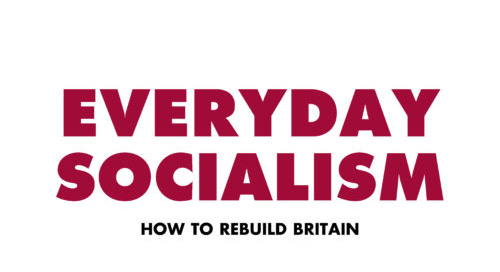A few years ago, back in the heady days of 2018, Rachel Reeves invited me to submit an essay to an edited collection she was putting together on behalf of the Fabian Society. The edited collection, which you can read here, focused on how to build what Reeves called ‘everyday socialism’.
Reeves’ introduction to the booklet opened with the following paragraph:
“Our country is divided. Too many people do not share in our national prosperity and have lost faith in politics as a result. If we are to safeguard our democracy, Labour must develop a shared sense of belonging and a new economic settlement. This settlement should be built around the things that matter most to people: the everyday economy of their work and wages, their families and the places where they live.”
I find it hard to argue with this statement, and it remains as relevant today as it did in 2018. Reeves went on to write that Labour’s poor electoral performance was linked to the fortunes of deindustrialised regions of the UK, which had been eviscarated by uneven globalisation (see my version of this argument here). She argued that Boris Johnson had realised the problem and that his ‘levelling up’ agenda represented an attempt to address it - albeit an inadequate one.
To respond to Johnson’s agenda, Reeves argued that Labour needed to focus on rebuilding the ‘everyday economy’: institutions with which most people interact on a daily basis, including schools, hospitals, high streets, community centres, sports clubs. if Labour wanted to unite the country, it would need to invest in local, social infrastructure that made a difference to peoples’ daily lives.
Subsequent contributions focused on how to bring this vision into being. Julie Froud and Karel Williams, whose recent book ‘When Nothing Works’ is a brilliant introductory read to the everyday economy movement1, penned a piece on the introduction of social licensing for local firms. My essay argued that Labour needed to take on vested interests in the centralised finance sector and restore powers over lending and investment to workers and communities.
Aditya Chakraborty discussed the innovative grassroots projects taking place around the country were helping to arrest the decline of many communities. Angela Rayner wrote about how to rebuild the country’s broken education system. Other contributors focused on food, work, the environment, and decentralisation.
Social Democracy versus Democratic Socialism
Keep reading with a 7-day free trial
Subscribe to Grace Blakeley to keep reading this post and get 7 days of free access to the full post archives.



